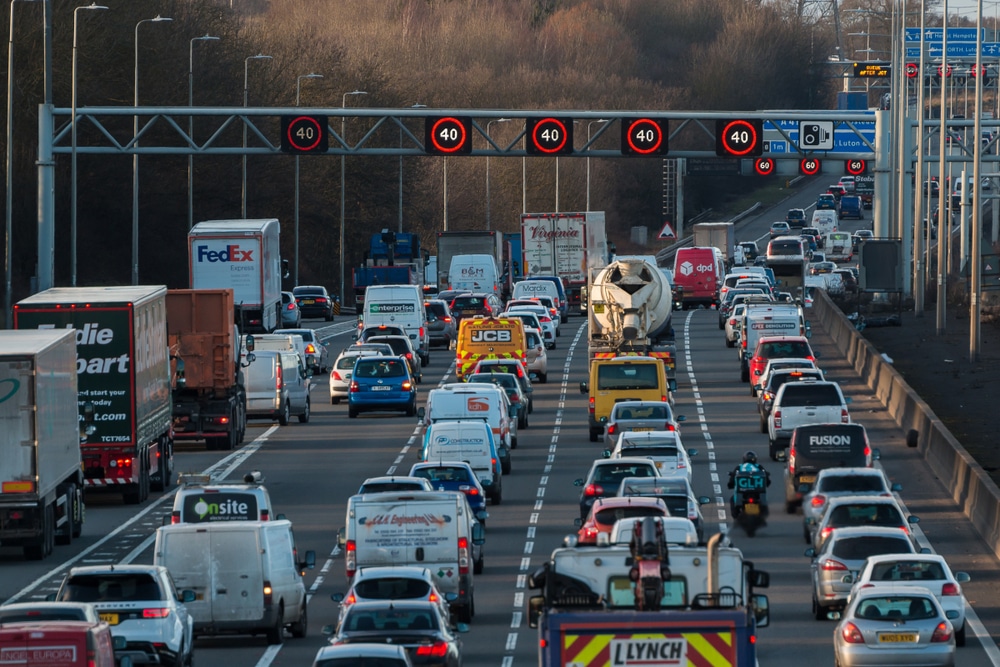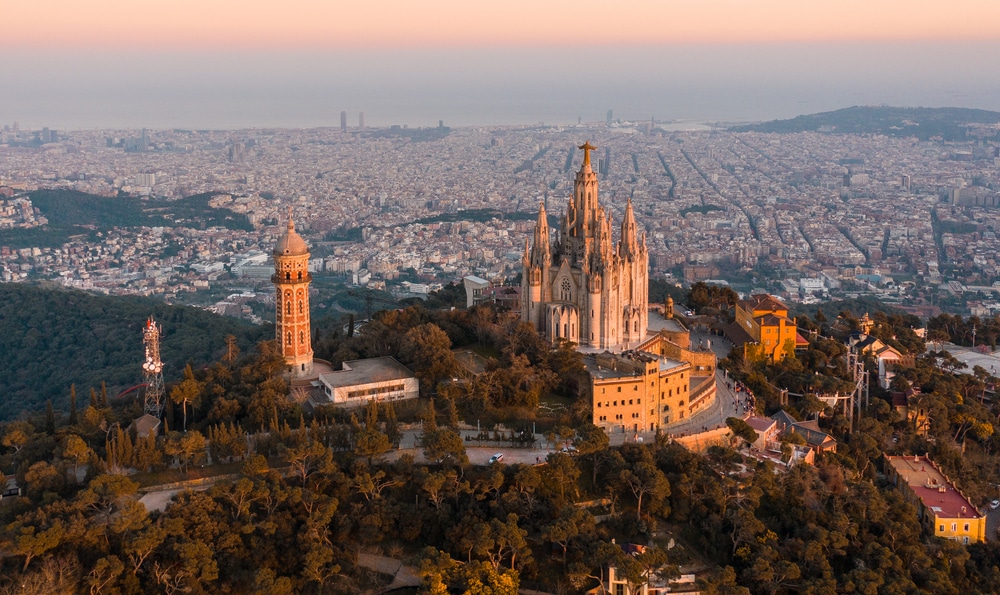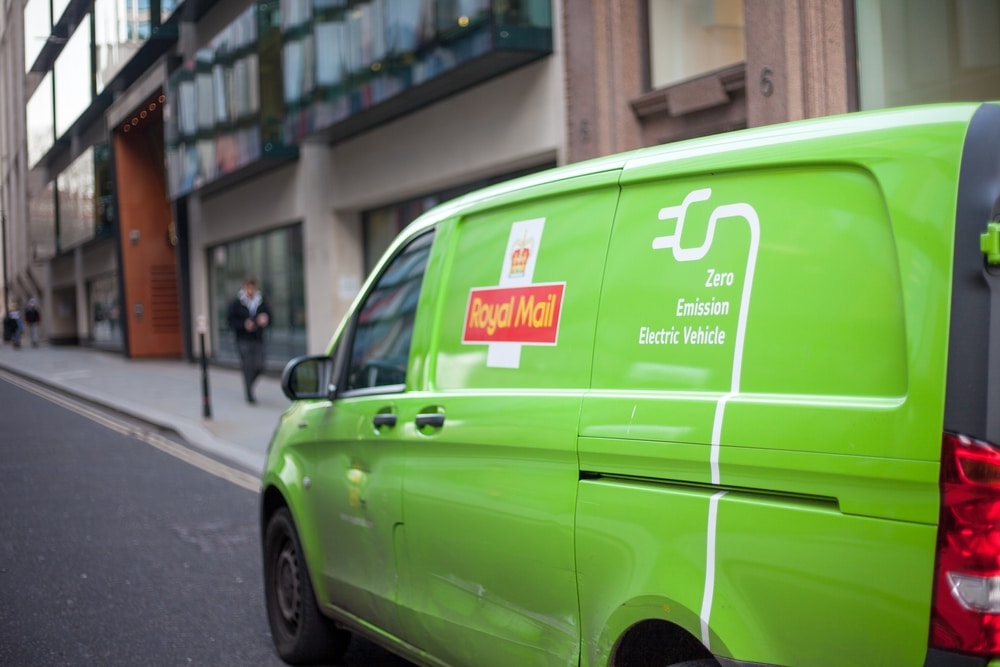Insight / Blog
Will we reach ‘peak speed’ in online delivery?
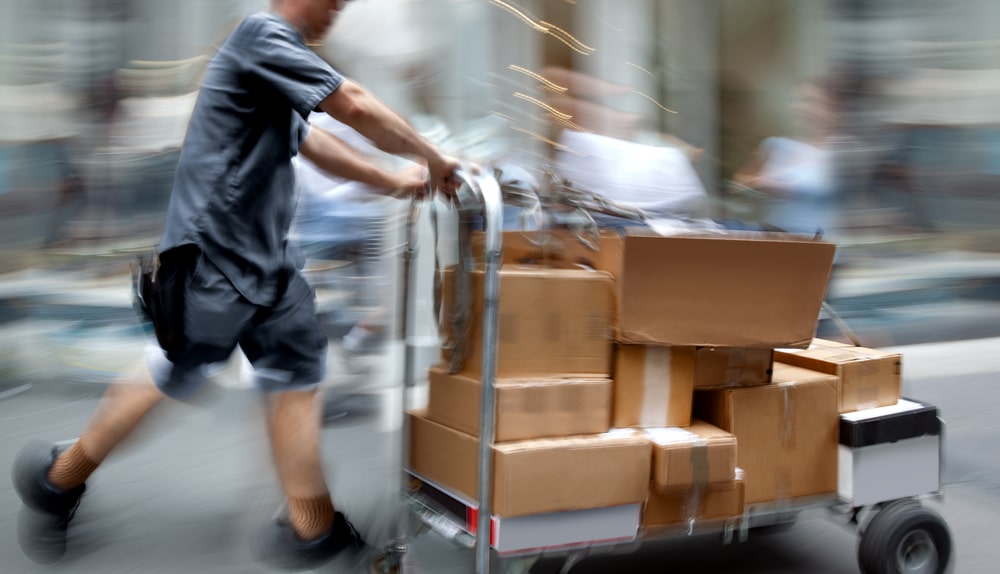
This week I read three amazing articles:
A Vox piece on the literal pains Amazon workers go to in order to pack and ship orders to meet Amazon’s one-day delivery promise.
An NYT long read about the increasing challenge of delivering ever more parcels in New York City.
And finally, a lovely New Yorker piece about a social enterprise by La Poste, where postal workers provide company and a check in for lonely elders.
The juxtaposition of articles about structural, fundamental challenges in meeting the demands of modern consumerism with a piece which perfectly articulates why businesses with a social impact are the fastest growing sub-set of start-ups globally made me wonder whether we might be at a tipping point with delivery speed. Will we reach ‘peak speed’ in online delivery?
Chocolate and consequences
I’ve long argued that same-day delivery is a folly in all but exceptional circumstances (and yes, I take China as an exceptional circumstance). To quote a Rensselaer professor in the NYT article: “What percent of your deliveries are truly urgent — 5 percent or 2 percent?”
When I ask my 3-year-old daughter if she wants chocolate, she says yes 100% of the time. Despite the incredible satisfaction I get from seeing her enjoyment of the chocolate (and from her completing the accompanying mundane act I have usually bribed her to carry out), I don’t give her chocolate constantly, because that would be an insane way to parent. I save the chocolate for the 2-5% of occasions, the real crises like weddings, long train journeys and making it to nursery on time.
As online shoppers, we are gluttonously consuming next day delivery as if there is no consequence to eating all the chocolate we can. And who can blame the shoppers? Most consumers are simply unaware of the broader societal & environmental impact of their delivery choice. That’s why these articles are publishable – it’s surprising to those who don’t work in the industry that the effects of fast deliveries are so significant.
A consumer cohort receptive to change
Were today’s consumer to be made aware that next-day or same-day delivery contributes 3 or 4 times as much CO2 to the atmosphere as a slower delivery that you picked up at work or at a local convenience store, I’m sure we’d see a seismic shift in preferences. That’s because firstly we just don’t need most of the stuff we order online that quickly, and secondly today’s consumer cares more about their social & environmental impact than ever before.
There are countless examples to illustrate this, whether it’s Elon Musk seeing a YouTube campaign about planting trees and spontaneously ‘donating 1m trees’, a generation of schoolchildren striking for climate justice, or our CFO telling me how excited his kids are at his change to an electric car because they ‘hate greenhouse gasses’, there is a groundswell of momentum that only the pig-headed can deny.
Look to other markets where we’ve started to be educated about the impact of our actions – plastic bags, coffee cups and the rising interest in alternatives to meat. Our own Sustainability Pulse report documented the way shoppers are making sustainability part of their habitual behaviour.
Two thirds of the population ‘always’ take a reusable bag to do their grocery shopping while the vast majority, 87%, ‘always or often’ take one. Nearly two thirds are conscious of challenging throw away culture and ‘always or often’ recycle their clothes by taking them to the charity shop instead of throwing them away.
Read more in the Doddle Sustainability Pulse.
Retail (in the mass market sense) and certainly logistics are rarely ‘early adopters’ of trends or technologies but there is a huge opportunity here for those that can consider and explain the respective impacts of their delivery options to their customers. Shoppers are ready and willing to take the sustainable option in all kinds of scenarios, but retailers and carriers have yet to really push on this open door.
Why aren’t we being nudged?
I’ve talked previously about the peak-end rule and importance of the delivery ‘experience’. That final touchpoint when you receive an item, and how you feel about that experience, is disproportionately impactful on your likelihood to purchase again from that retailer.
Imagine receiving an item in 100% recyclable packaging (maybe even some sort of reusable packaging), and being told that because of your choice of delivery option, your retailer and carrier have planted a tree. And compare that to the sinking, wasteful feeling when you receive a deck of cards in a huge cardboard box the size of your TV… which makes you feel better about your purchase?
Some retailers are getting smart about these nudges. ASOS now lets you know in a text message when the parcel was delivered by an electric vehicle.
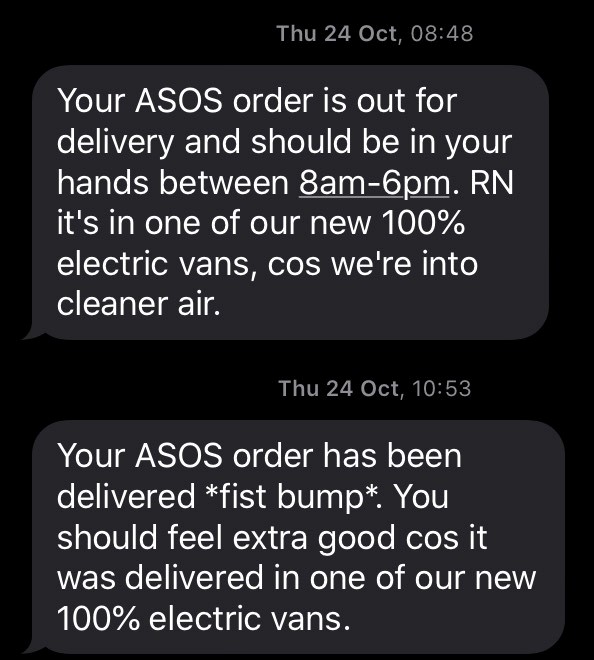
This is not a subtle example by any means, but it shows that they’re thinking about their customer’s attitude to the impact of deliveries. The nature of this type of environmental consciousness is such that it’s not likely to become less of an issue for consumers going forward. Call it ‘stickiness’ – like a product that’s too embedded to get rid of, once we start to pay attention to the environmental cost of our choices it’s hard to get out of the practice, and there’s little incentive to do so.
The point is, one-day and same-day delivery promises come with some huge externalities – costs imposed elsewhere which aren’t accounted for in the transaction – and that story is spreading. Whether it’s an illuminating deep dive into the accidents that happen when delivery drivers are pushed to hit targets or reporting on resulting congestion and emissions, consumers are not going to be in the dark forever about the costs.
If that’s the metaphorical stick, here’s the carrot: we love to feel like we’re doing the righteous thing. That’s why Amazon runs its Smile program (where shoppers can use smile.amazon.com to donate 1% of their purchase value to charity), why M&S run their amazing Sparks donation program, and why ASOS makes sure its customers know when they got a delivery from an electric vehicle.
Retailers and carriers alike have a great opportunity to push customers towards more sustainable and cost-effective options, away from the instant gratification mentality of next-day and same-day deliveries. Emphasising their sustainability will also have an impact on customer loyalty, the feel-good factor of receiving a parcel in an environmentally friendly way encouraging customers to repeat purchase.
Topics:
Related articles
Convenient and sustainable: developing an out-of-home delivery strategy
Sustainability has become a key decision factor for retailers - here's how carriers can stay ahead with an out-of-home delivery strategy that’s both sustainable and convenient for consumers
Regulation is coming for European ecommerce logistics
European postal operators and carriers need a plan to deal with increasing last-mile regulation.
Royal Mail: ‘Environment is the next battleground’ – why carriers need to act on sustainability
Environmental progress isn’t a far-away ambition or personal target – it’s becoming a crucial requirement for securing clients.









